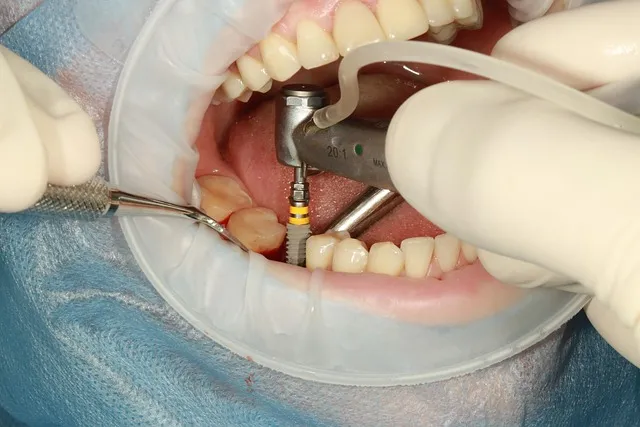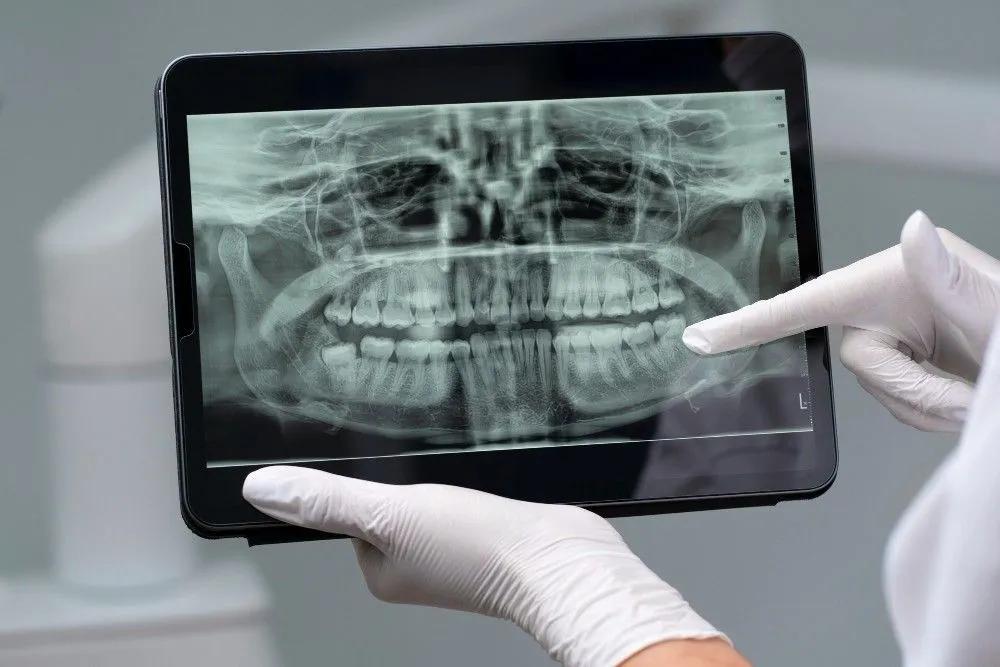Your oral hygiene is essential because it can impact your overall health. Some say that poor oral hygiene can lead to diseases like diabetes and heart illnesses, to name a few. While brushing your teeth regularly is a common practice, sometimes too much brushing could be a mistake. That and other hygiene mistakes could lead to dental illnesses. With such, it's best to familiarize yourself with the mistakes you could be making. Here are some of them and what you should do about them:
Stopping Regular Dental Check-Ups
One major mistake you could be making is when you stop visiting your dentist. You may think that it's okay not to follow the rule: seeking dental services twice a year. And you'll only see them when you have an aching tooth or when you need extraction. However, doing this could lead to serious dental health issues such as the following:Risk Of Expensive Dental Procedures:
You could lose your teeth when you don't see your dentist every six months. Because no one's telling you how to care for your teeth properly, you may not know how to prevent the loss of teeth. When this happens, spaces in between your teeth can appear. These spaces can then impact your dental appearance and structure. As a result, you may need to spend money on more expensive treatments like dental implants or bridges to replace your teeth.Risk Of Tooth Loss:
It's normal to lose your teeth as you age, but you could also be losing them due to poor oral hygiene. Brushing your teeth may be insufficient because brushing alone won't solve the problem when there's already a plaque buildup. When left untreated, the bacteria multiply, leading to cavities and decay. Ashburton Dental Centre Gosnells and other Australian dental health professionals and organizations always remind patients about the best oral health practices. They educate people about dental treatment options to protect teeth and gums. Furthermore, they advise people about the possibility of oral bacterial infection spreading to the heart and other body parts due to dental health neglect. Thus, a regular dental check-up may help alleviate this dental health issue. A dentist can perform deep teeth cleaning to remove the plaque. This will then stop the decay from spreading, preventing the possible loss of a tooth. Keeping your teeth intact can help you avoid expensive dental procedures, as mentioned above.Risk Of Developing Other Health Issues:
Your oral hygiene can impact your overall health. When you have poor dental hygiene, your health could be at risk. When you visit your dentist regularly, they can identify any abnormality due to oral health issues. With such, you can prevent such issues that may further develop into more severe health issues. For instance, there's a link between gingivitis or gum disease and rheumatic heart disease. The bacteria residing in the mouth of a patient with gum disease can cause the germ to cross into the bloodstream. Subsequently, the bacteria enter the heart, infecting the heart valves. Diabetes is another health problem that oral bacteria can aggravate. The oral bacterium causes tissue inflammation. It weakens the body's ability to use insulin to regulate blood glucose. Moreover, high blood sugar levels can affect can affect the saliva's glucose content. Because bacteria consume sugar as food, they thrive on a patient's oral cavity, causing cavities, tooth decay, and gum problems. A dental infection can cause blood infection or sepsis, which is life-threatening. Sepsis requires rapid diagnosis and emergency treatment. So, pay close attention to your dental health to avoid dealing with these costly health complications that can disrupt your normal routine and overall life.Brushing Mistakes
One of the most common mistakes in oral hygiene is how and when you brush your teeth. While some elders recommend brushing your teeth immediately after each meal, this may not be necessary. In fact, dentists name the following practices as mistakes:- Brushing immediately. By doing this, you're interfering with the natural cleaning process of your mouth. After a meal, your body uses its saliva to lower the mouth's acidity levels. It also uses saliva to break down food. As such, it may be best to drink water after eating. Then, wait for at least 30 minutes before brushing. As a result, you can decrease acidity levels in your mouth.
- Brushing after breakfast. While it's a common practice to brush your teeth after breakfast, you might need to do it before breakfast instead. That's because bacteria that cause plaque spread while you're sleeping. This causes the morning breath and mossy taste when you wake up. With such, it's best to get rid of them before eating your first meal of the day. In addition, doing so will prevent the acid in your breakfast from ruining your teeth because fluoride can coat your enamel.
- Not brushing before going to sleep. Even if you haven't eaten dinner, it's still best to brush your teeth before sleeping. That way, you can keep your teeth clean all night since you'll be removing food particles. When you don't, these food particles can cause acid attacks. This can expose your teeth to plaque overnight.
Not Flossing
Others think that flossing isn't healthy for the teeth, primarily because of apparent bleeding. Contrary to this belief, it's vital to floss as this can keep your gums healthy. When you don't floss them, your gums could become neglected. As a result, they can bleed easily when touched, which could be a sign that your gums are unhealthy. It's recommended to use string floss to remove food particles in between your gums. However, you should avoid using floss picks. In addition, you shouldn't use only one floss. Doing this could potentially spread the bacteria throughout your mouth.Forgetting The Tongue
The teeth and gums may be what people prioritize most when thinking of oral hygiene. But, you shouldn't forget that your tongue also requires proper cleaning. When the tongue is left unclean, it can cause bad breath because bacteria can also grow and hide in your tongue's cracks and crevices. Here, they can multiply quickly. Thus, brushing your tongue might not be enough—you may have to use a tongue scraper after brushing it. This way, you can lessen the number of bacteria staying on your tongue. In addition, when you keep your tongue clean, you can prevent developing oral thrush. This is when yeast grows in your mouth, which can cause infection. When this happens, you'll have white patches on your tongue. The simplest way to prevent this and keep the bacteria from building up is to properly clean your tongue.Conclusion
There are other oral hygiene mistakes, but the ones mentioned above are the most common. If you're doing them, then it's best to start undoing them. That way, you can ensure good oral hygiene, which is vital in keeping yourself healthy.
Reviewed by







